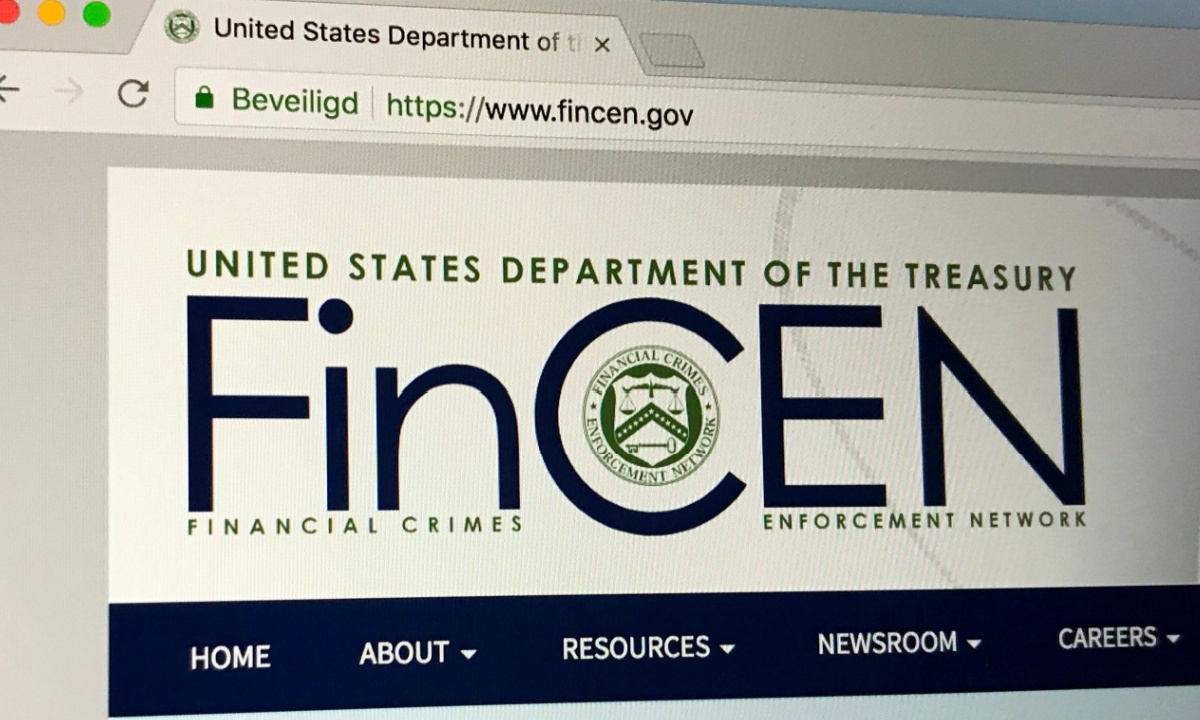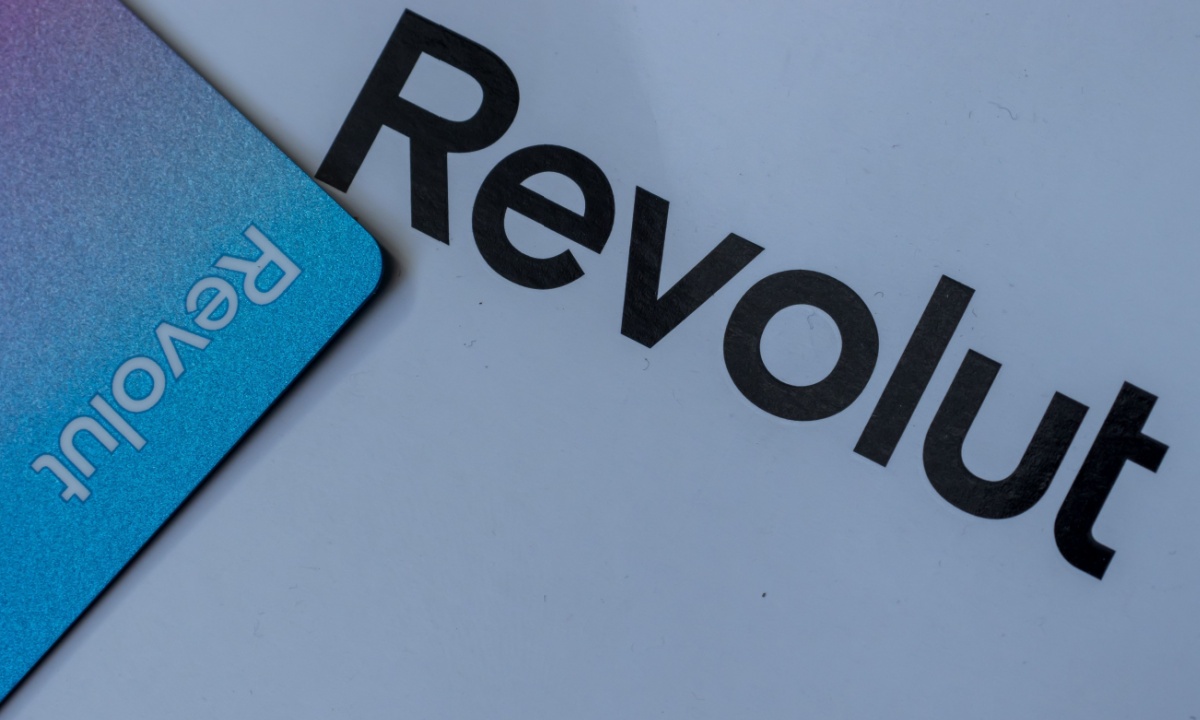Fintech
Household Debt Rises to $18.39 Trillion as Auto, Mortgage Originations Tick Up | PYMNTS.com
Published
3 weeks agoon
By
Hrishi
Mortgage balances led the rise, growing by $131 billion to $12.94 trillion as housing activity remained stable despite affordability concerns. Auto loan originations also climbed, totaling $188 billion — up from $166 billion in Q1. Credit card balances rose by $27 billion, while lenders expanded aggregate credit limits by $78 billion, pointing to continued lender optimism in extending consumer credit.
But that expansion came alongside rising signs of financial pressure. Student loan delinquencies surged as paused missed payments resumed reporting. The share of seriously delinquent student debt jumped to 12.9% — up from just 0.8% a year ago. More than 2.2 million borrowers saw their credit scores fall by over 100 points, and 1 million lost at least 150. Bloomberg Economics estimates these credit shocks could pull $63 billion in consumer spending out of the economy on an annualized basis.
Delinquency rates for mortgages and home equity lines of credit also ticked up, though performance remains strong relative to historical benchmarks. Still, rising mortgage costs have pushed 70% of households earning more than $100,000 into living paycheck to paycheck — a sharp shift in financial stability among higher-income consumers.
As traditional credit becomes harder to manage, younger consumers are turning to alternatives. Buy now, pay later (BNPL) usage continues to rise, especially among Generation Z and younger millennials — 58% of whom now prefer BNPL over credit cards. That shift is also shaping commerce habits: 43% of shoppers now choose merchants based on whether installment plans are available.
At the same time, 69% of Gen Z consumers report living paycheck to paycheck. One in three U.S. adults also said they experience surprise expenses of several hundred dollars each year — making short-term financing tools more of a necessity than a convenience.
Together, these trends reveal a consumer credit landscape in flux. Borrowing continues to rise, but so do the risks tied to repayment, especially for younger and mid-income households navigating higher costs and shrinking buffers.
You may like
Fintech
Chinese Money Laundering Networks Flagged as ‘Severe Threat’ by FinCEN | PYMNTS.com
Published
23 hours agoon
August 29, 2025By
Hrishi
The Treasury Department’s Financial Crimes Enforcement Network (FinCEN) has issued a warning that Chinese money laundering networks are now among the most significant threats to the U.S. financial system, fueling operations of Mexico’s most powerful drug cartels.
In a new advisory released Thursday (August 28), FinCEN said groups including the Sinaloa Cartel and the Jalisco New Generation Cartel are increasingly using Chinese money laundering networks to clean billions in drug proceeds. The networks have become effective partners because they can move cash quickly, absorb losses and leverage demand from Chinese nationals seeking to bypass Beijing’s strict currency controls. By pairing cartel dollars with Chinese demand for U.S. currency, these networks have created what FinCEN called a “mutualistic relationship” that strengthens both sides.
The 15-page report outlines how these networks operate. They rely on informal value transfer systems, “mirror” transactions and trade-based money laundering schemes to shift funds across borders without physically moving cash. Some recruit Chinese students in the U.S. to act as money mules, depositing cartel cash into U.S. bank accounts and disguising the flows as tuition or living expenses. Others purchase electronics, luxury goods, and real estate with illicit funds, later reselling or exporting those assets to create the appearance of legitimate commerce.
“Chinese money laundering networks are professional money launderers that play a vital role in laundering the cartels’ drug proceeds in the United States,” the advisory said. “This is due to the speed and effectiveness of their operations, as well as their willingness to absorb financial losses and assume risks for the cartels and other clients.”
The advisory also lists “red flag” indicators for financial institutions, ranging from students depositing unusually large sums of cash to small businesses with outsized luxury goods transactions. FinCEN urged banks to reference the identifier “CMLN-2025-A003” when filing suspicious activity reports, and to pay special attention to transactions tied to unlicensed money service businesses, informal transfer systems and trade-based schemes.
FinCEN’s move follows a January executive order that designated several cartels as foreign terrorist organizations, underscoring the administration’s concern that cartel financing now poses not only a criminal but also a national security threat. The advisory ends with a reminder that financial institutions are on the front line of detecting suspicious flows and that voluntary information sharing under existing safe harbors can help expose networks that otherwise thrive in the shadows.
Fintech
Revolut Considers Hiring Advisers on US Banking Acquisition | PYMNTS.com
Published
2 days agoon
August 28, 2025By
Hrishi
U.K. FinTech Revolut is reportedly getting closer to entering the U.S. banking space.
The company is mulling hiring investment bankers to advise it on a possible acquisition of an American lender to bolster its growth in the U.S., Bloomberg News reported Thursday (Aug. 28), citing sources familiar with the matter.
One source told the news outlet that Revolut is still deciding between an acquisition or applying for its own banking license, and that these deliberations are happening as the company readies the launch of savings products for U.S. consumers in the weeks ahead.
The report follows a similar story from the Financial Times late last month, which said Revolut was considering the acquisition of a U.S.-chartered bank. A spokesperson for Revolut declined to comment when reached by PYMNTS.
As the Bloomberg report notes, Revolut has operated for years in the U.S. by collaborating with other banks. But now, the company and its competitors are seeking a greater share of the banking space amid a more relaxed attitude toward financial regulation in Washington.
Revolut is still in the process of establishing its banking presence in its home country. It took the FinTech more than three years to land a U.K. banking license, and while it eventually secured that permission, it must operate under certain restrictions. Per Bloomberg, Revolut has said it’s in the closing stages of this process.
“Given Revolut’s global scale, this is the largest and most complex mobilization ever undertaken in the UK,” the firm said in a statement last month. “A thorough review is an expected part of the process and getting this right is more important than rushing to meet a specific date.”
Revolut CEO Nik Storonsky has said that the company’s “grow fast” ethos had been ill-advised because a smaller firm would have been able to obtain licenses more easily than one the size of Revolut.
Meanwhile, last month saw a report that the British government and the U.K. central bank had suffered a “falling out” due to delays in allowing a full banking license for Revolut.
Bank of England Gov. Andrew Bailey denied that report, saying the central bank and British treasury have a good relationship.
Fintech
Ant and Standard Chartered Test Bank-to-Wallet Payments Offering | PYMNTS.com
Published
3 days agoon
August 27, 2025By
Hrishi
Live productions of this solution using the ISO 20022 financial messaging standards are underway, Standard Chartered announced Wednesday (Aug. 27).
Using Ant’s Alipay+ global wallet gateway services, the first transactions were completed between a Standard Chartered Bank customer account and a partner e-wallet. The solution employs Swift’s network of more than 11,500 financial institutions in 200-plus countries and territories to connect to 1.7 billion user accounts on the 36 global digital wallets in the Alipay+ ecosystem, particularly across fast-growing Asian markets.
“In a world of fast-moving innovation with a growing number of ways to move value, consumers and businesses expect more choice and optionality in their international payments experience,” said Kevin Wong, chief executive for Swift’s Asia Pacific operations.
“Swift is at the forefront of providing a best-in class experience with greater flexibility and choice. This collaboration with Ant International and Standard Chartered reflects that strategic commitment to faster, frictionless payments across multiple networks.”
The partnership comes in the midst of a shift in digital wallet usage among consumers and small businesses, as research by PYMNTS Intelligence has found.
The research found a growing preference for digital wallets when sending and receiving money across borders, particularly among consumers. The study found that 42% of consumers pointed to digital wallets as their top choice, outpacing traditional methods like bank account transfers and money transfer services. The figure was slightly higher among Americans, at 44%.
In addition, close to half of the consumers who don’t use digital wallets for international payments anticipate adopting them for peer-to-peer (P2P) transactions in the near future, “pointing toward further expansion of digital wallet usage in this domain,” PYMNTS wrote.
The chief drivers of this adoption included the perceived speed and growing trust associated with digital wallets.
“However, the burgeoning popularity of digital wallets in cross-border payments presents opportunities and challenges for banks,” PYMNTS wrote in April. “While consumers and businesses embrace the convenience offered by digital wallets, the report found interoperability issues that hinder seamless transactions across different platforms and countries.”
According to the study, 62% of banks in the U.S. and U.K. that are innovating or looking to innovate in cross-border payments plan to do so by teaming up with FinTech companies. The key factor behind these partnerships is the need for faster payment processing.
Trending

 Fintech1 month ago
Fintech1 month agoOpenAI and UK Government Partner on AI Infrastructure and Deployment

 Latest Tech News1 month ago
Latest Tech News1 month agoTrump wanted to break up Nvidia — but then its CEO won him over

 Cyber Security1 month ago
Cyber Security1 month agoMicrosoft Fix Targets Attacks on SharePoint Zero-Day – Krebs on Security

 Artificial Intelligence1 month ago
Artificial Intelligence1 month agoApple loses key AI leader to Meta

 Latest Tech News1 month ago
Latest Tech News1 month agoThe tech that the US Post Office gave us

 Cyber Security1 month ago
Cyber Security1 month agoPhishers Target Aviation Execs to Scam Customers – Krebs on Security

 Latest Tech News1 month ago
Latest Tech News1 month agoGPD’s monster Strix Halo handheld requires a battery ‘backpack’ or a 180W charger

 Artificial Intelligence1 month ago
Artificial Intelligence1 month agoAnthropic deploys AI agents to audit models for safety

















